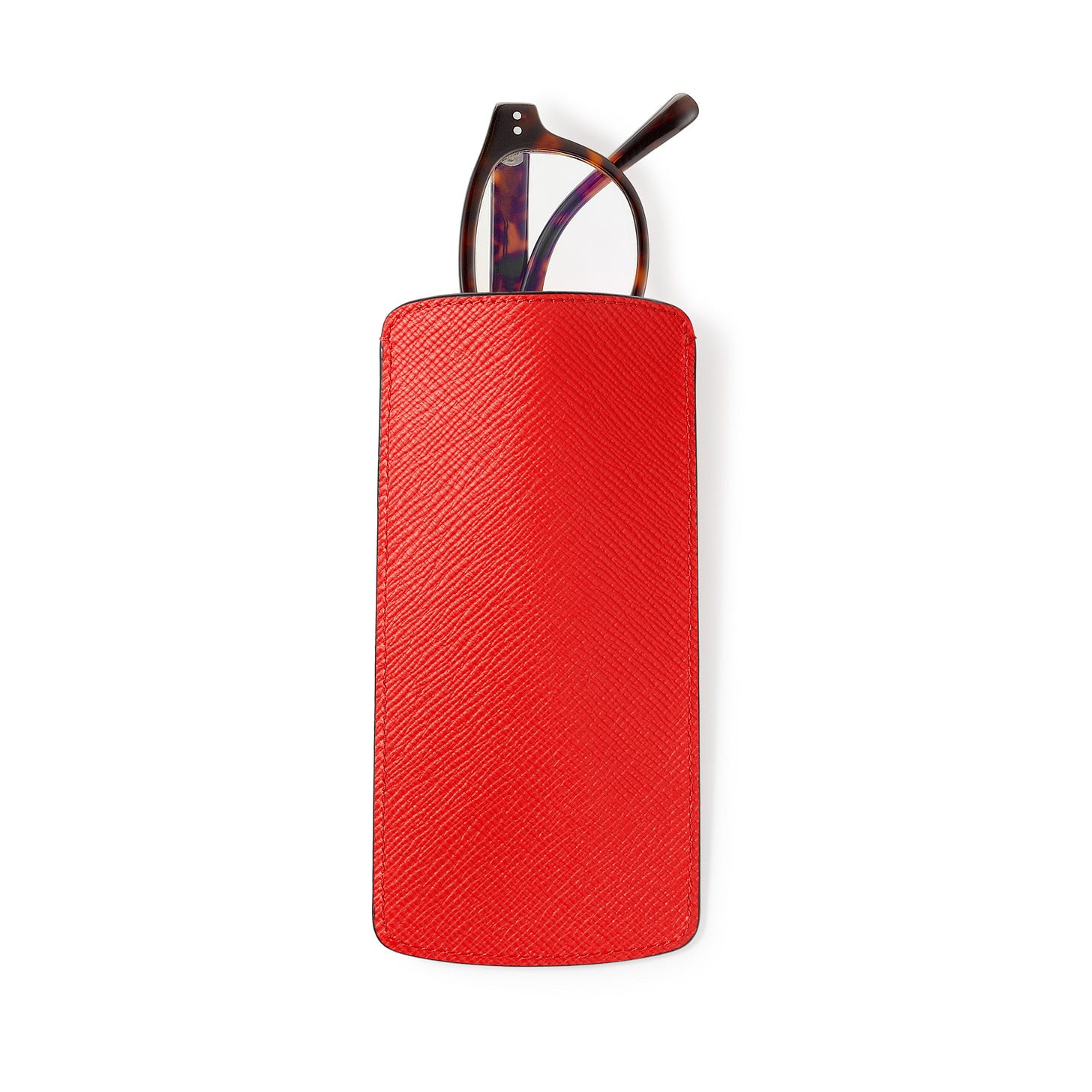I hope Defector Media’s new media harassment protection policy is the first of many
Reporters should be able to do their jobs without anxiety over which story will trigger a pile-on from people who think a dissenting opinion is grounds for digital (or physical) destruction.
In last Monday’s “Read All About It,” I linked to a report from Charlotte Klein at Vanity Fair on female journalists and online harassment that documented how too few media organizations are doing too little to prevent and protect their journalists against digital harassment and abuse. “The old newsroom motto “don’t feed the trolls” seems increasingly quaint as top editors and media executives grapple with how and when to respond publicly to the deluge of smears filling a reporter’s inbox or chasing them across social media," Klein wrote.
Defector Media, a subscription sports publisher, announced a policy to minimize the likelihood of its workers experiencing this kind of onslaught. From Mark Stenberg at AdWeek:
As part of the program, all 23 Defector staff, as well as their partners and families, will gain access to a slate of protections designed to prevent online harassment and provide support during periods of attack.
Defector employees will receive coverage from DeleteMe, a service that provides “on-going scanning and removal of personal information from online and offline sources,” according to Defector’s statement.
During periods of real-time harassment, targeted Defector staff will also receive a slew of other protections, including an upgrade of DeleteMe coverage featuring strengthened protective measures; a proxy who can temporarily manage a targeted employee’s social media accounts; safe lodging in a hotel or Airbnb for a default period of 10 days; facilitated connections with law enforcement or a crisis management consultant; and the assistance of human resources consultants and legal counsel.
During an attack, Defector will cover all expenses, and time taken away from work during a doxxing episode will be considered sick leave, rather than cutting into Defector employees’ four weeks of vacation.
Defector’s policy could be the template media organizations need to show up for the reporters who risk their reputations and well-being in service of investigating and reporting the truth. Tech companies and elected officials have proven to be dangerously casual in their response to what is more of a crisis than it may feel to creators who don’t work in media.
Until apps make it harder to scale humanity’s worst impulses and Congress moves beyond its obsession with day-long hearings that offer little more than rehearsed and rehashed talking points from the leaders of those apps, then we’re left to the private sector to perform as a stopgap.
And while no one is above criticism, we all should be able to do our jobs without anxiety over which story will trigger a torrent of misogynistic, racist or anti-queer venom from people who think a dissenting opinion is grounds for digital (or physical) destruction. And we should be backed with resources when this reality is encroached upon.
Because it’s women, people of color and LGBTQ+ who people are most susceptible to the kinds of digital harassment the Defector program is intended to protect against yet often underserved and underrepresented in newsrooms. And Stenberg mentioned in his piece, this is an opportunity for media organizations to galvanize against an issue that’s being poorly addressed in a piecemeal fashion, if at all.
Not to mention, safe reporters do better journalism. And better journalism leads to healthier media diets. And healthier media diets lead to well-informed citizens. And well-informed citizens lead to a sustainable and inclusive economy and democracy for more of us.
I interviewed a couple of Defector editors last year for a story I reported on the whitewashed pipeline of editors leaving corporate journalism for independent media. Managing editor Samer Kalaf told me at the time that the company would be proactive, open-minded and diligent in making it an inclusive place to work beyond token gestures and virtue signals. “I say this all with all the understanding that some will read this and only believe it when they see it,” he told me at the time. “I don’t blame them if they want to wait for tangible results. Shoutout to Defector’s leadership for creating what looks like an environment for it to make good on Kalaf’s commitment.
In The Know
— Culture
Diddy wrote an open letter to Corporate America asking it to do the very thing his artists have historically accused him of failing to. This fallout from this Khloe Kardashian photo fiasco begs the question: Have we really learned anything from the Britney Spears and Tina Turner docs as we claimed?
— Coronavirus
Researchers are a bundle of nerves right now because one in three COVID-19 survivors were diagnosed with a brain or psychiatric disorder within six months, according to a new study of more than 230,000 mostly American patients that suggests the pandemic will leave a spate of mental and neurological complications behind.
— Politics
President Joe Biden announced six executive actions to address gun violence since he’s faced with a Congress unwilling to come to a consensus on meaningful reform. Biden also plans to release his preliminary 2022 budget on Friday ahead of congressional negotiations for the fiscal year beginning in October. And Texas lawmakers advanced their own voter suppression bill, which follows in Georgia’s Jim-Crow-sized footsteps.
— Business
Target announced a commitment to spend $2 billion on Black-owned businesses and add products from more than 500 Black-owned brands by 2025. Twitter reportedly wanted to scoop Clubhouse off the market for a hefty $4 billion. Best Buy launched a new membership program to compete with Amazon Prime. Uber, the company against classifying drivers and couriers as employees, is set to spend $250 million to reinforce its depleted driver base. The unions for Gimlet Media and The Ringer agreed to a three-year contract with Spotify that covers company diversity, salary bases, annual raises and titles (yay, for digital media!).
— Tech
Facebook announced an update to Pages that applies labels to posts in News Feed so people can better understand who they’re coming from. TikTok launched a series of “immersive music creative effects” that move synchronously to the beat of any song from the app’s sounds library.
Read All About It
Lynsey Giardina at Bitch on women and chronic migraines:
Too often, society only recognizes and considers physical disabilities, marked by the need for things like wheelchairs, prostheses, and oxygen tanks. However, there are many disabilities that are less visible but no less taxing on everyday life. According to the Migraine Research Foundation, chronic migraines affect nearly 39 million people in the United States and one billion people around the world, with symptoms ranging from nausea and vomiting to vision loss and debilitating pain. Migraines are the third-most prevalent illness and sixth-most disabling illness in the world, and women are three times more likely to suffer from the invisible illness than men. That latter statistic makes it nearly impossible for women with chronic migraines to get an effective treatment regimen or adequate work accommodations.
Tatiana Walk-Morris at Vox on payment apps and financial inequality:
As underbanked and unbanked consumers use payment apps to conveniently send cash to others, manage their money better, and access otherwise out-of-reach financial services, these tools can also come with costly fees, a lack of customer service, and cybersecurity risks. If left unaddressed, payment apps could further replicate offline inequality for unbanked or underbanked users.
Eric Lutz at Vanity Fair on Sen. Joe Manchin and the filibuster:
More maddening than Manchin’s conflicting message about what the filibuster does is his willful ignorance about who his “Republican friends” are. Manchin isn’t wrong when he says that Democrats don’t have all the answers. But not only are Republicans not even trying to come up with solutions, most don’t even seem willing to acknowledge the problems that exist. How are Democrats supposed to seek bipartisan action on issues like climate change, gun violence, and systemic racism when their counterparts’ political identity is built on the premise that all these things are fictitious?
Hayes Brown at MSNBC on why anti-trans laws aren’t just trans issues:
The problem with [arguments against trans rights] is the same as when it comes up in discussions about race: Rights are not a zero-sum, winner-takes-all system. Acknowledging someone else's rights in no way diminishes your own. But what we're seeing in North Carolina, in Arkansas and elsewhere isn't about protecting religious rights or women's rights or any of the other excuses. It's about stripping away rights to protect privileges.
Dawn Staley at The Undefeated on women’s basketball and representation:
I think, as a society, we’re more aware of what has happened and the fact that it’s not just about basketball anymore. It’s not. We hope to get back to that place where it’s just about basketball, but we know too much now. We must acknowledge these accomplishments that happen in the game. We must acknowledge when things look abnormal to the masses, like having two Black coaches in the Final Four or one Black coach in the national championship, until it becomes normal and all the masses want to do is acknowledge Black coaches for their great coaching prowess. That’s easier said than done, because it’s never been done. So we’re going to acknowledge, because for us, we want this to be the norm.
Let’s acknowledge it. And let’s get on to the point where we don’t have to acknowledge it.
Because that means more of us are there.
Amanda Mull at The Atlantic on the evolution of American closets:
American homes not only have more space and fewer people than they once did; they also have a lot more stuff. “We’re conditioned that we need the right thing for the right activity,” Jill LaRue-Rieser, the senior vice president and chief merchandising officer for the custom-storage company California Closets, told me. As clothing in particular has gotten less expensive and more bountiful, big closets have become a selling point unto themselves. “The builders really figured it out,” she said. “If they could hook women with enough space for their shoes, they could sell the whole house.” Which is why, for decades, the country’s closets have had no reason to do anything but grow, fueling the perpetual-motion machine of the modern wardrobe—you have more space, so you don’t hesitate to buy more stuff, but eventually your big new closets seem cramped and small. At that point, maybe it’s time for a new place with even bigger closets.
Michael’s Pick
Smythson Panama Soft Glasses Case in Scarlet Red ($135): I’m in the market for a new pair of eyeglasses. They’ll live in this luxe crossgrain calf leather case when they’re not in use.





